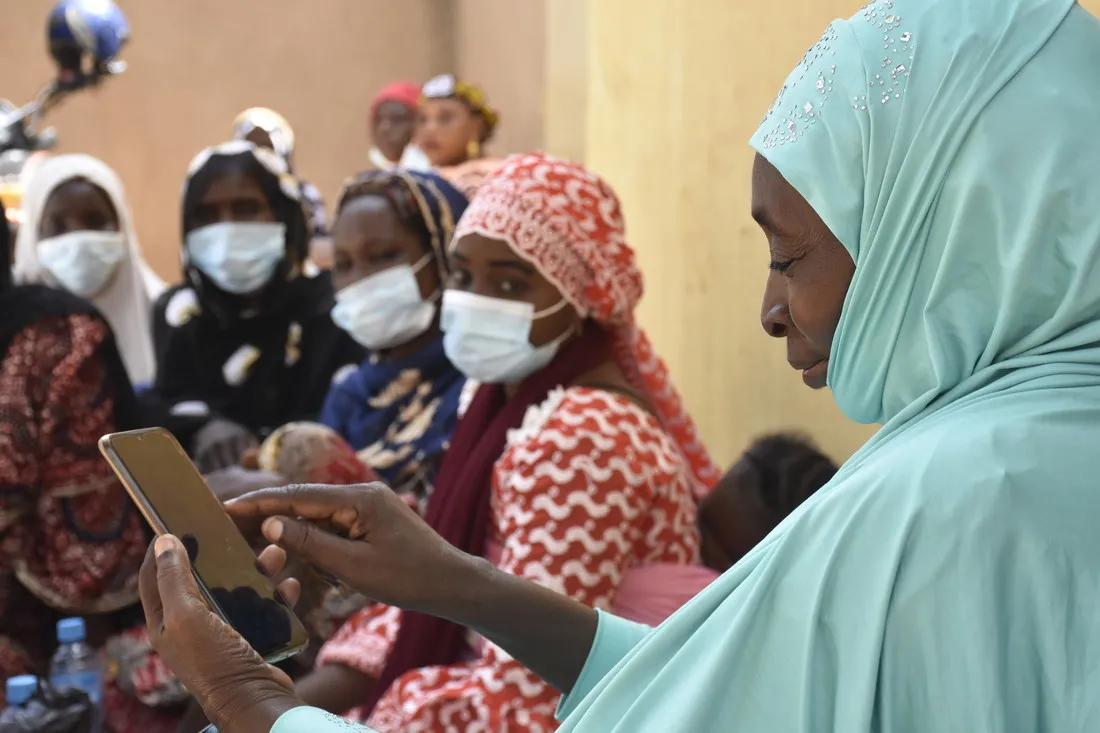“As one of the world’s leading aid agencies in an era of unprecedented humanitarian challenges, CARE seeks to harness innovation in order to enhance our effectiveness. In that connection, we are pleased to accept donations of marketable cryptocurrencies to support our fight against global poverty and threats like COVID-19. We welcome the opportunity to deploy emerging technologies like crypto to help us achieve social impact at scale.”
— Glenn Hutchins, Chair, CARE Board of Directors; Chairman, North Island and North Island Ventures; and Co-Founder, Silver Lake
CARE’s Blockchain and Crypto Programs
The benefits that new technologies such as blockchain, distributed ledgers, and digital assets can provide are potentially tremendous, yet practical applications to accelerate impact in the humanitarian sector remain scarce. CARE has been exploring how these emerging technologies can help meet the needs of the world’s most vulnerable people and humanitarian goals. In 2022, CARE successfully completed pilots to test the use of cryptocurrency in Kenya and Ecuador.
CARE Kenya and Binance Charity
CARE Kenya has partnered with Binance Charity Foundation, the charitable arm of Binance, the world’s largest crypto exchange by trading volumes. CARE uses Binance’s BUSD stablecoin as a voucher-based system to promote economic recovery from the COVID-19 pandemic among Village Savings and Loan Association groups in Western Kenya. We now seek to scale this pilot program to build financial resilience and improve food security for an estimated 3,000 at-risk people living in poverty in the region.
CARE Ecuador and Umoja Labs
Thanks to the support of the Celo Foundation, CARE Ecuador has partnered with Umoja Labs to test the use of crypto-vouchers to help Ecuadorian women and Venezuelan refugees access health services. Read the case study: Leveraging the Power of Cryptocurrency to Improve Humanitarian Outcomes. We now seek to scale this pilot program to expand access to health services and nutrition for 10,000 Venezuelan and Colombian refugees and migrants, mostly women and children. Learn more.

